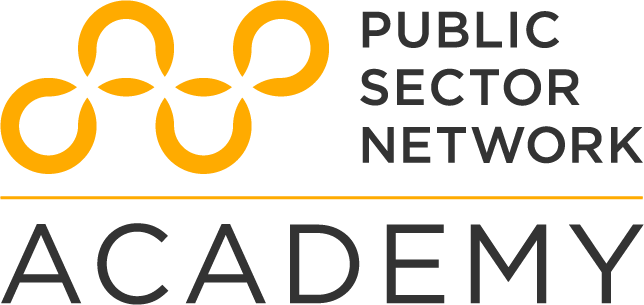Online Training
Advanced Psycho-Social Hazard Management: Turning Awareness into Action
Master Risk Control, Drive Continuous Improvement, and Strengthen Workplace Well-being
12 February and 19 February 2025
10:00 AM - 2:30 PM AEDT
Next intake: 12 February and 19 February 2025 | 10:00 AM - 2:30 PM AEDT
Overview
Who Should Attend?
This training is targeted at professionals in APS 6 - EL2 and State Levels 6 – 10 roles who have already completed foundational psycho-social hazard training and are looking to advance their risk management capabilities, implement control measures, and lead continuous improvement efforts within their organisations. This advanced Psycho-Social Hazard Risk Management training is ideal for:Learning Outcomes
Online Training
Advanced Psycho-Social Hazard Management: Turning Awareness into Action
Session details
- Benchmark and network with peers from all over the public sector
- Understand the questions you need to be asking
- Dial in from anywhere!
- Gain the opportunity to be a part of a community of practice
Level: Intermediate
Some familiarity with topic is recommended
Key Sessions
10.00am Opening Remarks
- Welcome
- Introductions
- Overview and Setting Expectations
10.30am The business case for managing psychosocial risk
- What we mean by mental health and wellbeing
- Why mentally healthy workplaces are good for business
11.00am Introducing the risk assessment process
- The risk assessment process
- Protective and hazardous psychosocial factors
- Psychosocial hazard identification activity
12.30am Break
1:00pm Assessing risk and prioritising controls
- Considering vulnerability that increases risk
- Balancing controls to manage exposure to hazards
- Mapping your controls activity
1.45pm Job design to manage psychosocial hazards
- Job design as a critical control
- Understanding work as done
- What good job design looks like
10.00am Welcome and Recap
10.15am Leaders as the first line of defence
- Leaders as a critical control
- Understanding what psychosocial leadership behaviour looks like
- Leader activity
11.00am Having care conversations as part of early intervention
- Recognising the signs
- How to conduct a care conversation
- Escalation to support
12.15pm Integrated roles and responsibilities for managing psychosocial risk
- What an integrated approach to psychological health and safety looks like
- Shared roles and responsibilities across role functions
- Evaluating the effectiveness of psychosocial risk management
1.30pm Escalation pathways
- Internal supports
- External supports
- Mapping your escalation pathways activity
Meet Your Facilitator

Louisa Detez
Organisational Psychologist and Principal Consultant, Australian Psychological Services
Louisa is a registered organisational psychologist and principal consultant at Australian Psychological Services.
Louisa has worked in and consulting for many different government and private sector organisations, including the resources sector, education, state and federal government, global accounting and law firms, quick service restaurants, emergency services and policing, healthcare and not–for–profit.
Louisa has extensive experience supporting companies to meet their psychological health and safety regulatory requirements – some of which includes conducting psychosocial risk assessments, developing and applying trauma management and critical incident response frameworks and delivering capability development training.
Louisa is a keen facilitator and enjoys working with all levels within organisations, from senior executives, middle managers, down to frontline staff.
Louisa is passionate about creating sustainable healthy workplaces and supporting everyone to understand the role they play in creating great work environments.
What your peers had to say
Register Today
Join this training for professionals working within the Public Sector
Regular
Ends 11 Feb
$A 1195
per person + taxAdditional discounts are available for group registrations of 10 or more. For group or payment enquiries or custom training solutions, please contact [email protected]
Customised in-house options available for teams
Interested in any of our online trainings?
You can also choose to have them delivered in house. We will work closely with our inspiring session facilitators to tailor the content around the key development areas your team are prioritising, shape the learning outcomes around your core departmental challenges and make the most of your L&D and upskilling budget.
Enquire here for more informationCan't see what you need?
Download our training catalogue to review all available topics
Download full catalogue
